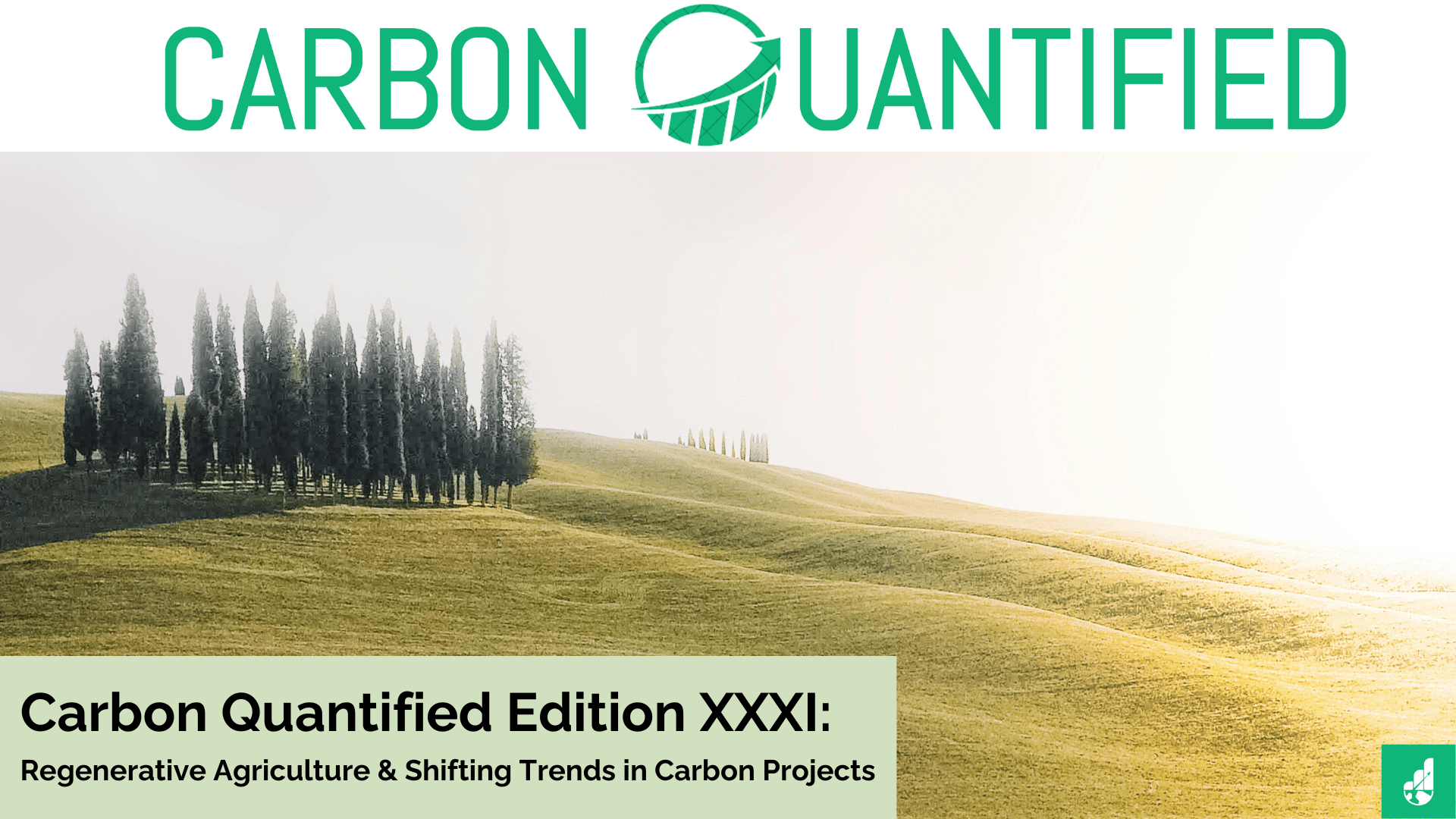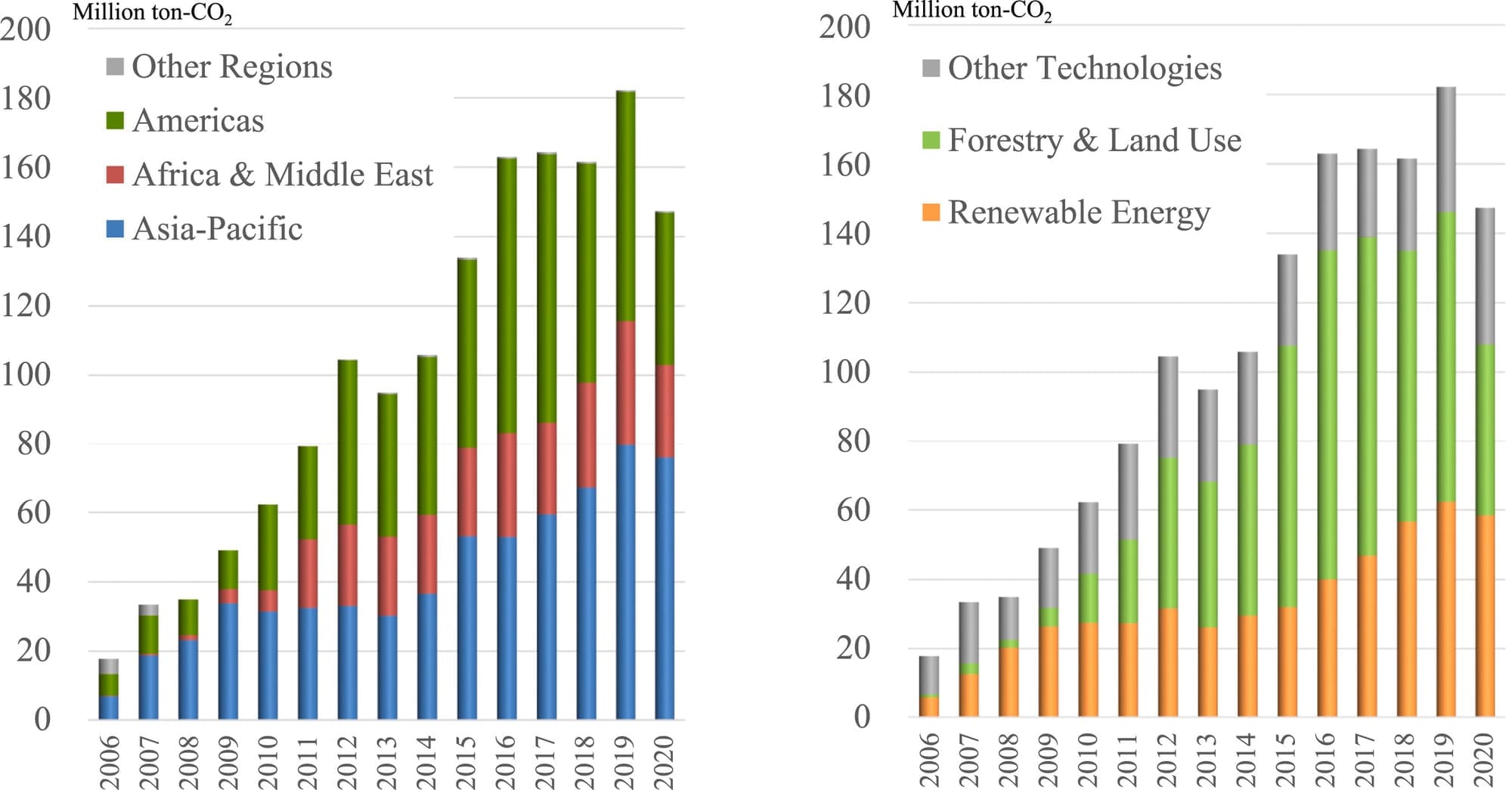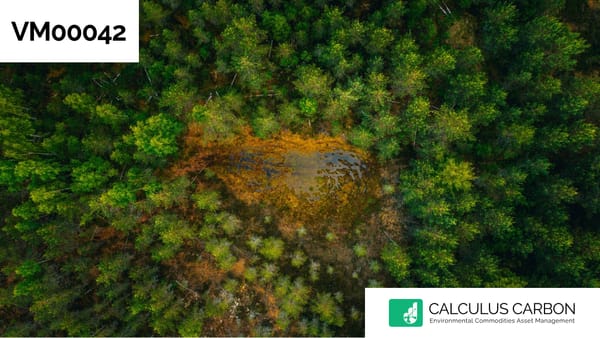Carbon Quantified Edition XXXI: Regenerative Agriculture & Shifting Trends in Carbon Projects

Welcome to the latest edition of Carbon Quantified, your trusted source for navigating the ever-changing landscape of climate action and sustainability.
Overview of the Thirty First Edition:
In our latest edition, we explore the evolving landscape of carbon offset projects and the crucial role of regenerative agriculture in addressing climate resilience and food security.
In the first article, "Shifting Trends in Carbon Offset Projects: A New Focus on Forestry Management," we examine how the international voluntary carbon market has shifted its focus from REDD+ projects to forestry management solutions in developed nations. This transition highlights a strategic pivot towards enhancing CO2 sequestration capabilities through improved forest management practices, particularly in the Americas.
Our second article, "How Regenerative Agriculture Can Secure Food and Bolster Climate Resilience," delves into the potential of regenerative agricultural practices to transform the food system. By promoting sustainable farming methods, regenerative agriculture can enhance soil health, increase farmers' income, and reduce supply chain emissions. This approach not only supports climate resilience but also strengthens food security, offering a viable pathway for sustainable development.
Stay informed as we continue to provide insights and perspectives on the latest trends and initiatives driving climate action and sustainability, empowering you to make informed decisions for a more sustainable future.


Shifting Trends in Carbon Offset Projects: A New Focus on Forestry Management
The international voluntary carbon market has experienced a significant shift in focus over the past decade. Project developers are increasingly turning their attention from traditional REDD+ (Reducing Emissions from Deforestation and Forest Degradation) initiatives to forest management solutions in developed countries. This change reflects a broader trend towards improving CO2 sequestration in forests, particularly in the Americas.
Read the article


How Regenerative Agriculture Can Secure Food and Bolster Climate Resilience
As climate change and food security concerns intensify, regenerative agriculture is emerging as a promising solution to address these critical issues. By focusing on sustainable farming practices, regenerative agriculture aims to restore soil health, enhance biodiversity, and improve water cycles, ultimately leading to a more resilient and secure food system.
Read the article

ICVCM decision on first eligible voluntary carbon methodologies delayed til June as Verra, ART get nod of approval
Verra and ART TREES have become the latest standard bodies to pass the Integrity Council for the Voluntary Carbon Market (ICVCM)’s conditions for eligibility, but the first approval of methodologies for the Core Carbon Principles (CCPs) stamp has been delayed until June as experts grapple with fresh complexities.
Southeast Asia registries partner for transparency, expansion, and Article 6 work
Asia Carbon Institute (ACI) announced it would work with US-based EcoRegistry to use their various technology solutions to build transparency in Asian carbon markets.
Global carbon capture tech “prohibitively expensive”, Indian companies should use domestic solutions instead
Carbon capture technologies offered by foreign companies are prohibitively expensive, however, the use of domestic technologies can help Indian companies bring down the costs of decarbonization drastically, an official told a webinar Thursday.
95% of Apple’s Supply Chain Commits to 100% Renewable Energy Use by 2030
Apple announced significant progress towards its goal to decarbonize its value chain, including revealing that more than 320 suppliers – representing 95% of the company’s direct manufacturing spend – have now committed to use 100% renewable energy for Apple production by 2030, up from around 250 suppliers last year.
Share it with your peers on WhatsApp & Linkedin



